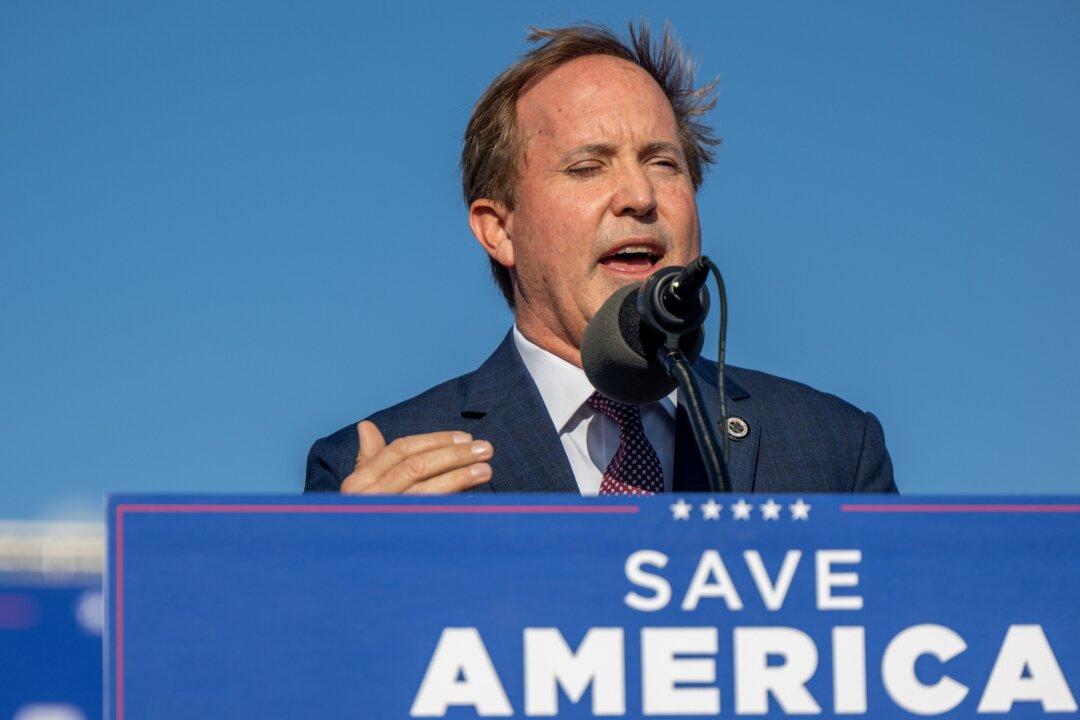Texas Attorney General Ken Paxton has filed lawsuits against two pornographic content companies for allegedly violating a state law that requires age verification to protect children from accessing harmful or obscene material, the Office of the Attorney General announced Thursday.
The pair of separate lawsuits named Multi Media LLC and Hammy Media as the defendants, which operate pornographic websites in the state of Texas. In late February, Mr. Paxton filed a similar lawsuit against another pornography website.





